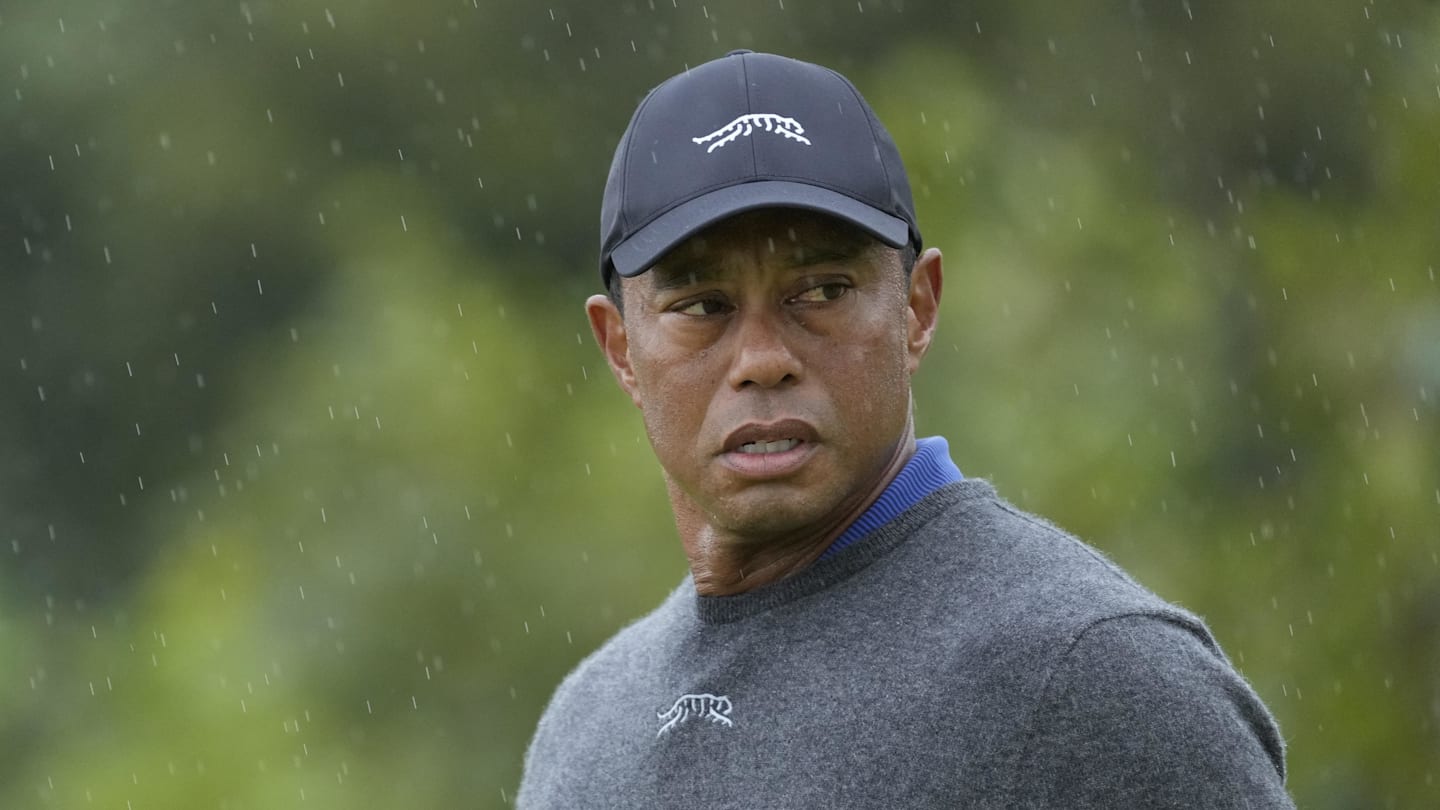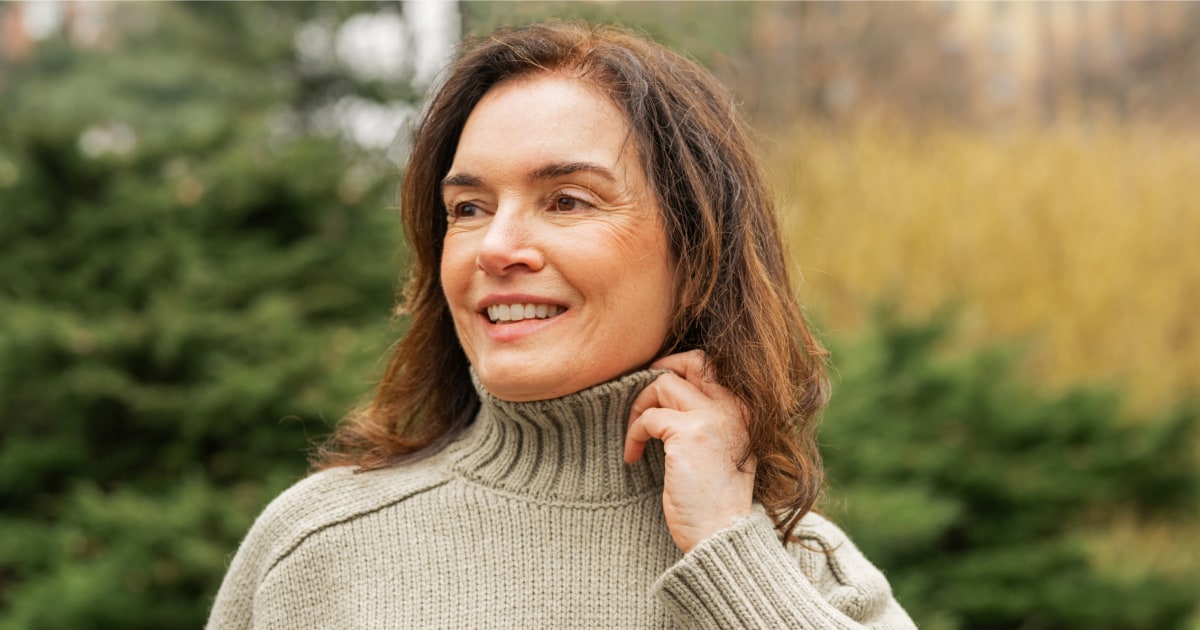World
Deoleo : The World’s # 1 Olive Oil Company Drives Sustainability With Supply Chain Partners

Deoleo : the World’s # 1 Olive Oil Company Drives Sustainability With Supply Chain Partners
There are three significant tensions in the global olive oil industry, all interrelated. The first is traditional versus sustainable farming techniques, where a great deal of education and workshopping has become essential to support farmers’ progress. The next is the ratio of price to yield – closely tied to supply and demand – where some level of consistency is necessary to keep small farmers in business, and the industry as a whole afloat. The last is climate-related changes versus non-environmental changes the industry faces.
Dallas-based Deoleo North America, the parent company of globally recognized olive oil brands Bertolli, Carapelli, and Carbonell, is on a mission to balance out all those stressors simultaneously, creating and increasing value through every decision with its partners to serve the next chapter of the industry.
Deoleo : the World’s # 1 Olive Oil Company Drives Sustainability With Supply Chain Partners
Bottom line, Deoleo’s vision is to lead olive oil into a sustainable future. This starts with building strong supplier partnerships that embed sustainable farming practices across the multinational network of farms. Says North America CEO Thierry Moyroud, a global expert on opportunities to drive sustainability in the olive oil sector, “We work closely with farmers, using our shared knowledge of olives to develop holistic solutions that promote their economic success while preserving and developing the land we all rely on.”
This leadership that “puts the future first” is critical, according to Moyroud, to end the cycle of environmental degradation. “Sustainability, for us, is rooted in something much more important than a buzzword,” he says. “We are in a farming industry, which is a traditional industry—but it requires a change. Else … climate change, to mention one, will impact the future life of all those farmers, who have been doing this for generations, you know?”
Olive oil is integral to the lives of hundreds of millions of people. Those who farm it, make it, sell it, and consume the hundreds of millions of metric tons of the healthful substance across the globe, all depend on a steady and regenerative supply. “As global stewards of this vital ingredient, we are committed to producing it responsibly and expertly,”Moyroud says. “In ways that protect livelihoods, promote good health, and protect our planet.”
But some of the old ways of producing olive oil are not sustainable over the long haul. “[Many olive farmers] have been passing the baton to the later generations—and today? The climate is changing all across the world. It’s already extreme in the Mediterranean basin, and it’s going to impact, sooner or later, the North African countries like Tunisia and Morocco, but also the south of Spain, the south of Italy, Greece, and so on. In those places, olive oil [accounts for] a substantial amount of the agriculture that the community makes their living from,” says Moyroud.
In fact, Deoleo, with 30+ brands in its portfolio, became the world’s number one olive oil company, by working hard to reconcile the important traditions of its industry, with transformational innovations in sustainability, says Moyroud.
But that balance is exceedingly challenging in an industry where revenue – of course, based on a combination of yield and price – fluctuates so radically, he argues. “So, if we are not anticipating those things” with every change and innovation, “we are not touching the essence of what sustainability is all about.” In other words, sustainability of the environment means nothing without the survival and success of individual farms. And that combined sustainability of farming and the farmers is the key to adding value to Deoleo’s brands, our society, and our planet, says Moyroud.
Time is of the essence, he says. “We think the earlier you begin to address those things, the less risk you’re having for your global supply later. So, we started the journey at Deoleo in 2018 and we aim to have 70 percent [sustainability] by 2030. That’s a 12-year span.”
The key pillars of Deoleo’s sustainability mission are:
And they all come together in the company’s approach to innovating toward that 70 percent goal with its partners. Deoleo employs 650+ people worldwide. Its products are sold in 75 countries. But most of the supply of olives comes from a narrow area where traditional farming techniques have served farmers for hundreds or even thousands of years—places like autonomous Adalusia in Spain. Says Moyroud, “You cannot show up one given morning, and tell those people that have been working hard to make a decent living all those years, tell them to start from scratch because they don’t know anything about it.”
“You can’t lecture people. You need to tag along with them, and take them with you on a journey where you say, ‘This is why we are doing this.’”
“At Deoleo, we don’t believe in the power of, ‘Hey, because I’m going to buy olives from you guys, I’m going to tell you to do it this way. And if in twelve months you’re not there, you’re going to be in trouble.’ That’s not the way. We need to inspire people so that they follow the movement, they understand the purpose and why we are doing things [in a more sustainable way].”
Moyroud says he’s not looking for perfection from his farmer-suppliers. Just dedication. “True commitment.”
Deoleo : the World’s # 1 Olive Oil Company Drives Sustainability With Supply Chain Partners
When it works best, it’s a give and take, says Jose Antonio Bonache Aparisi, Deoleo’s Corporate Affairs & Communications Director. “What we discovered is this sustainability protocol helps our farmers adapt to [local] regulations. They’re better at adapting to the risks that they are suffering,” says Bonache, because they’re looking through multiple lenses, such as culture, environment, and business efficiency.
“It’s like a KPI list to complete all of the things that they need to do. And they discover after that, with the European regulations, for example, thanks to our sustainability protocol, now they can help re-collect subsidies from the European Union to adapt more of the system.”
Furthermore, says Bonache, the farm management talent pool improves exponentially, as “in the past, probably you had a farmer using the traditional way. Now, you need to have knowledge about the capacity of new technology, environmental sustainability, and modern farming techniques. That increased the level of salaries, which has increased the level of the employees, and that’s the perfect hook to maintain people on the ground in a small village in the south of Spain and South Italy.”
Moyroud agrees. “That’s our approach to sustainability.”









